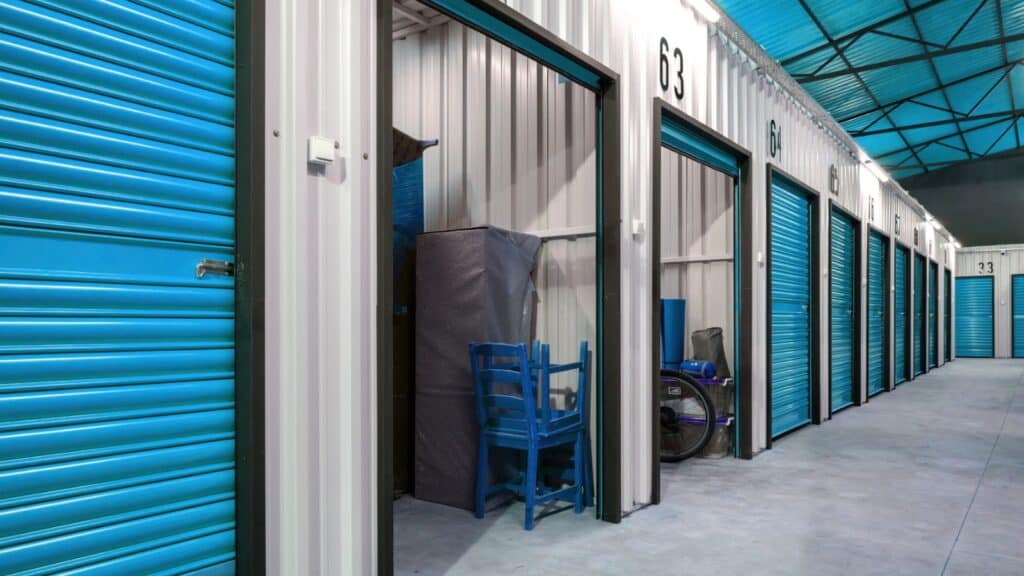Moving comes with plenty of obvious expenses—like boxes, trucks, and deposits—but it’s the hidden costs that tend to catch people off guard. These are the charges, fees, and unexpected purchases that quietly add up and throw off your budget. Here are eleven things people often forget to factor in when planning a move.
Utility Setup Fees

When you start service at a new place, some companies charge connection or transfer fees. That could mean paying for water, gas, electricity, or internet before you’ve even unpacked a box. These charges aren’t always advertised upfront, but can add $100 or more to your moving costs.
💸 Take Back Control of Your Finances in 2025 💸
Get Instant Access to our free mini course
5 DAYS TO A BETTER BUDGET
New Furniture or Appliances

Even if you plan to bring everything with you, your new space might need different items. Maybe your old couch doesn’t fit, or the new place doesn’t come with a microwave or washer. These replacement costs pop up quickly—and they’re rarely cheap.
Takeout and Quick Groceries

While your kitchen is packed or you’re in between homes, takeout becomes a go-to. So do last-minute grocery trips for basics you forgot to bring. These costs might seem small, but eating out for a week or two can eat into your budget fast.
Extra Cleaning Supplies

You’ll likely need to clean both your old place and the new one. That means buying extra cleaning products, trash bags, paper towels, and maybe even a vacuum if yours didn’t make the move. These little purchases can add up, especially if you’re starting fresh.
Missing Work

If you need a few days off to pack, move, or wait for deliveries, those unpaid hours or lost PTO can hurt financially. Many people don’t factor in how time off impacts their paycheck—or their vacation time down the line.
Lost or Damaged Items

Even with careful packing, things get broken or go missing during a move. Whether it’s a scratched table, a shattered dish, or a box that never shows up, replacing damaged items can cost more than you’d expect. Moving insurance may help, but not everything gets covered.
Gas and Mileage Costs

If you’re moving across town—or especially across the state—fuel for multiple trips adds up fast. That’s especially true if you’re using your own vehicle for repeated runs back and forth. Add in tolls or parking fees, and transportation gets more expensive than planned.
Storage Fees

Sometimes move-in and move-out dates don’t line up. In that case, you may need to rent a storage unit or use a temporary storage service for a few weeks. These short-term rentals come with a monthly fee, and you may need to pay extra for access or insurance.
Additional Packing Materials

Most people remember to buy boxes, but what about tape, bubble wrap, furniture covers, or wardrobe boxes? These extras are easy to forget until you need them—and buying them last minute often means paying more than necessary.
Childcare or Pet Care

If you have kids or pets, moving day can be tough to manage. Paying for a sitter, daycare, or boarding may be necessary to keep everyone safe and out of the way. It’s an extra cost that makes the day go smoother—but still one that’s easy to overlook.
Updating Documents and Services

Changing your address doesn’t just mean forwarding your mail. You may have to pay for updated licenses, registration, or even new service fees for things like security systems or neighborhood passes. These changes often come with fees you don’t expect until they’re due.
Planning Ahead Can Save You

It’s easy to underestimate how expensive a move can be, especially when the hidden costs pile up. Taking time to plan for these lesser-known expenses can help you avoid surprises and stick closer to your budget. A little preparation goes a long way toward making the transition smoother—and less stressful.
12 Lifestyle Shifts That Can Save You Thousands Annually

Saving money might feel hard, but small changes add up quickly. Adjusting daily habits can lower costs without giving up what you enjoy. It’s not about going without—it’s about making simple, smart choices that lead to real savings.
Read it Here: 12 Lifestyle Shifts That Can Save You Thousands Annually



